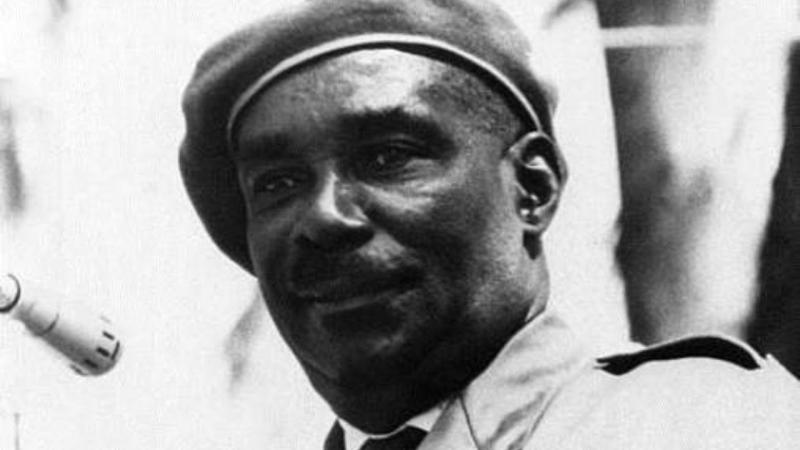×
The Standard e-Paper
Fearless, Trusted News

Zanzibar was in the news recently when Kapsaret MP Oscar Sudi disclosed that he and Deputy President William Ruto were first to travel to the island before going to Uganda on the day the DP was barred from travel at the Wilson Airport.
He further claimed they have previously been to Zanzibar on a “private mission”, with “an interest in fruit farming” which they intend to replicate in Eldoret.